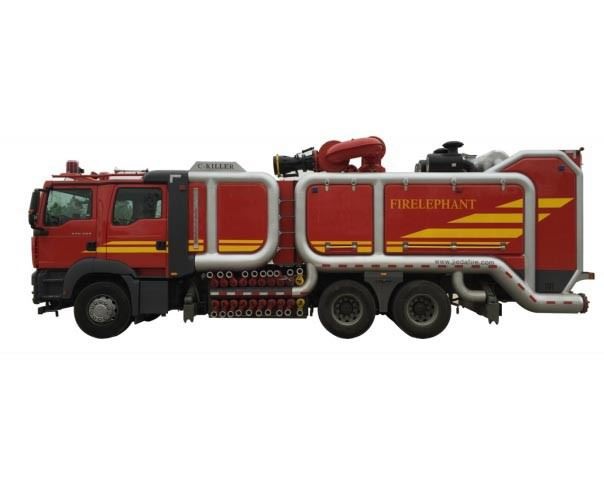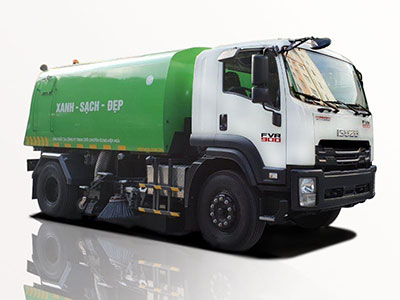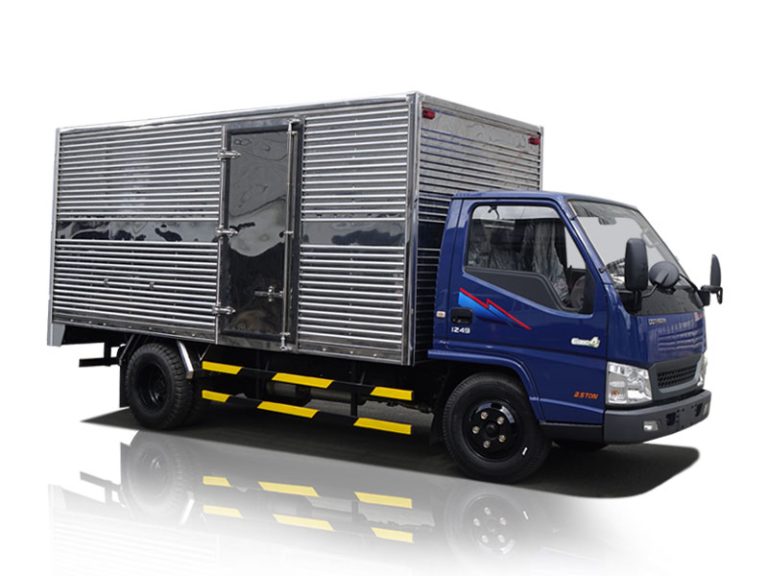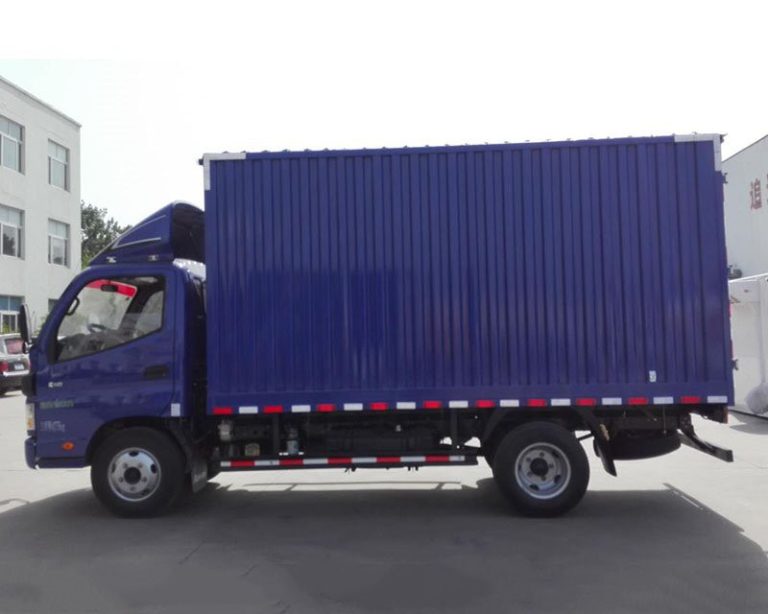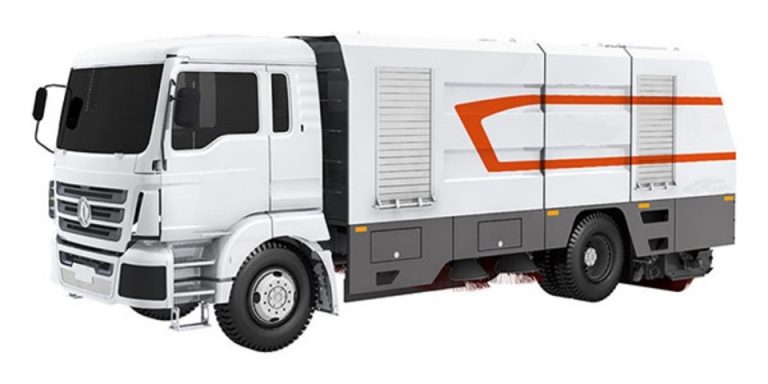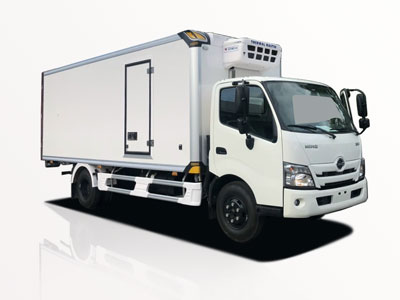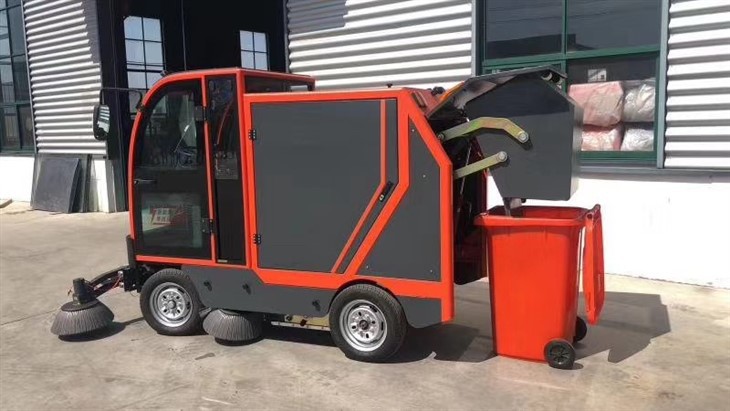Introduction
Water pump trucks play a crucial role in various industrial, commercial, and residential settings. These specialized vehicles are designed to transport and deliver large volumes of water for multiple applications, including firefighting, construction, agriculture, and more. With a growing demand for effective water management solutions, understanding the functionality, features, and types of water pump trucks is essential for anyone involved in these sectors. This comprehensive guide will cover everything from the components and operation of water pump trucks to their various applications and maintenance best practices.
What is a Water Pump Truck?
A water pump truck is a vehicle equipped with specialized pumps and tanks to transport and distribute water. These trucks can be customized for specific purposes, making them adaptable for various industries, including construction, agriculture, firefighting, and environmental services. Water pump trucks are crucial in scenarios where a reliable supply of water is needed quickly, such as in emergency situations or during large-scale projects.
Key Components of a Water Pump Truck
- Pump: The pump is the heart of the water pump truck, responsible for moving water from the tank to its destination.
- Water Tank: This is the storage unit that holds water before it is pumped out. Tanks can vary in size depending on the truck’s purpose.
- Hoses: High-pressure hoses are used to distribute water from the pump to the desired location.
- Controls: The truck is equipped with various controls for operating the pump and monitoring water flow.
- Chassis: The base of the truck that supports all other components and provides mobility.
Types of Water Pump Trucks
1. Firefighting Water Pump Trucks
Firefighting water pump trucks are equipped with powerful pumps and large water tanks, enabling them to deliver a high volume of water to combat fires. These trucks often feature additional tools and equipment for firefighting, such as hoses, nozzles, and ladders.
2. Construction Water Pump Trucks
Construction water pump trucks are utilized for various purposes on job sites, such as dust suppression, dewatering, and providing water for concrete mixing. These trucks ensure that construction activities can proceed efficiently without water shortages.
3. Agricultural Water Pump Trucks
Agricultural water pump trucks are designed for irrigation and providing water for livestock. These trucks can transport water from ponds or nearby water sources to fields that require irrigation.
4. Environmental Water Pump Trucks
Environmental water pump trucks are used for environmental cleanup operations. They can help with flood relief, wastewater management, and transporting clean water to areas affected by contamination.
How Do Water Pump Trucks Work?
Water pump trucks operate through a straightforward process:
- Water Intake: The truck’s pump draws water from a source, such as a reservoir, pond, or fire hydrant.
- Water Storage: The water is stored in the tank until needed.
- Water Delivery: Upon activation, the pump pushes the water out through hoses at varying pressures, depending on the application requirements.
Applications of Water Pump Trucks
1. Disaster Relief and Emergency Response
In natural disasters such as floods or fires, water pump trucks are vital for supplying clean water and assisting in emergency response efforts. They can quickly deliver water to affected areas that may have contaminated water supplies.
2. Construction Sites
Water pump trucks are crucial in construction for tasks like supplying water for dust control, mixing concrete, and removing excess water from excavations. For example, during road construction, maintaining proper moisture levels in soil can prevent compaction issues.
3. Agriculture
Farmers utilize water pump trucks for irrigation, especially in regions where access to water is limited. These trucks can transport water from nearby sources to fields, improving crop yield. For instance, during drought periods, a truck can supply water to a large area effectively.
4. Firefighting
Fire truck variants specifically designed as water pump trucks can bypass water shortages when fighting rural fires. These trucks can source water from various locations instead of solely relying on fixed hydrants.
5. Industrial Use
In industrial settings, water pump trucks can supply water for cooling systems, manufacturing processes, and more. They are crucial for operations that require high volumes of water consistently.
Choosing the Right Water Pump Truck
When selecting a water pump truck for your needs, consider the following factors:
- Pump Capacity: Determine the volume of water your application requires and choose a truck with a pump that meets those needs.
- Tank Size: Select a tank size that suits the frequency and volume of your operations.
- Mobility: Consider the types of terrain the truck needs to traverse. Off-road capability may be essential for certain applications.
- Customization: Look for trucks that can be customized with additional features or attachments based on your particular requirements.
Maintenance Tips for Water Pump Trucks
Regular Inspections
Schedule regular inspections to assess the condition of the pump, hoses, and tank. Check for any leaks or wear that could affect performance.
Maintenance of the Pump
Make sure to regularly clean and service the pump to ensure optimal performance. Follow the manufacturer’s guidelines for maintenance procedures.
Tank Cleaning
Periodically clean the water tank to prevent contamination and build-up of sediment. This is especially important if the truck is used for transporting potable water.
Hose Care
Inspect hoses for signs of damage, cracks, or wear. Replace any hoses that don’t meet safety standards to avoid leaks and ensure reliable operation.
Cost Considerations
The cost of a water pump truck can vary greatly based on factors such as size, capacity, and features. Here is a breakdown of possible expenses:
| Type of Water Pump Truck | Estimated Cost |
|---|---|
| Firefighting Truck | $150,000 – $500,000 |
| Construction Truck | $50,000 – $150,000 |
| Agricultural Truck | $30,000 – $100,000 |
| Environmental Truck | $100,000 – $300,000 |
FAQ Section
1. What is the average lifespan of a water pump truck?
The lifespan of a water pump truck can vary widely based on usage and maintenance but typically ranges from 10 to 20 years.
2. How much water can a water pump truck hold?
Water pump trucks can hold anywhere from 500 to 5000 gallons of water, depending on the truck’s size and design.
3. What maintenance is required for a water pump truck?
Regular maintenance includes inspecting pumps, hoses, and tanks, cleaning components, and replacing any worn parts to ensure optimal operation.
4. Can water pump trucks be used for drinking water?
Yes, many water pump trucks are designed to transport potable water, but it’s crucial to ensure they are properly cleaned and maintained for safety.
5. Are there regulations for using water pump trucks?
Yes, there are various local, state, and federal regulations that govern the use of water pump trucks, especially in terms of water sourcing and environmental impact.
6. Is it possible to customize a water pump truck?
Absolutely! Many manufacturers offer customizable features such as specific tank sizes, pump types, and additional equipment tailored to your needs.
